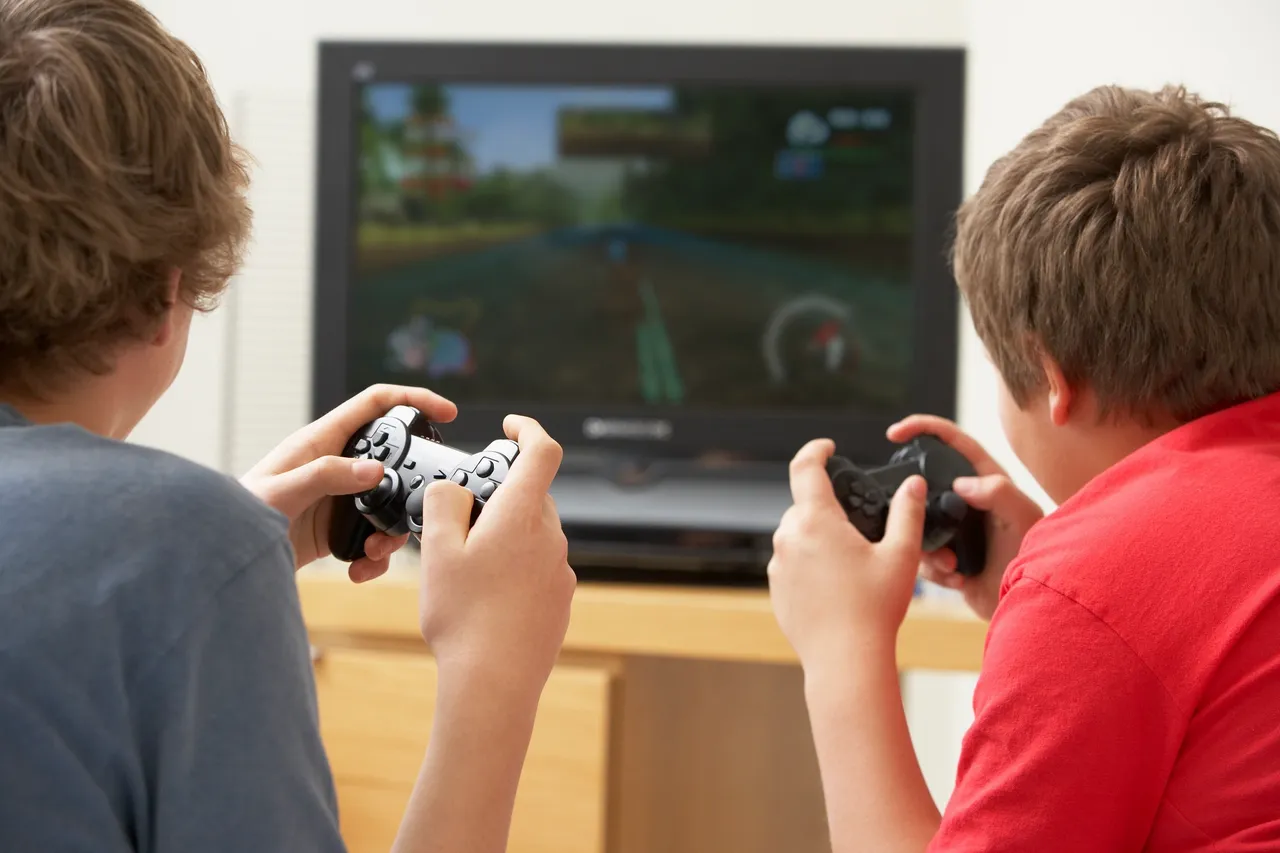Need to know
Kids love to play video games and most parents struggle to limit access, causing endless arguments in many households.
Regulating the use of technology can be confusing for parents, depending on who you ask you will get different answers. There are studies that show that there are benefits to playing video games like increased spatial awareness, enhanced mental rotation abilities, increased creativity and self-esteem. However, research is mounting indicating significant correlation between addictive use of technology and comorbid psychiatric disorders including ADHD, anxiety, depression, and obsessive-compulsive disorder (OCD).
Why it’s important
Online gaming activates the rewards pathways by flooding the brain with dopamine – motivation and pleasure! This is why kids with ADHD have incredible difficulty in stopping a video game, especially when the alternatives available are rarely as interesting and exciting.
For some autistic children, video games can be a special interest and a way of regulating their emotions, which makes it difficult for parents to set limits without negative repercussions.
The biggest concern for a child that spends too much time in front of a screen is that they are missing out on doing things that contribute to their physical, emotional and social development.
There is also emerging research which shows that playing video games 1 hour before bed affects restorative sleep. The increased dopamine released by the excitement and the rewards of gaming puts your child in a state of heightened tension, impacting the onset of sleep and affecting the overall quality of rest.
If you are wondering whether your child is gaming too much, ask yourself these questions
- Does my child resist doing outdoor activities because they can’t play video games?
- Has my child stopped doing activities they loved to play video games?
- Is my child’s sleep being affected by video games?
- Is my child restless when not gaming and constantly preoccupied with playing?
- Does my child sneak a device to play games and then lies about it?
Have you answered yes to more than one question above? A complete technology detox might help your child reset their relationship with gaming. The first few days will be difficult and you’ll have to help your child work through their anger. The best way to support your child is to ensure the rest of the family also has a break from devices when together. Bring out board games, science experiments, building kits and plan outdoor activities to entertain everyone. As time passes your child will be less angry and resistant, but more importantly they’ve had the opportunity to reconnect with their family and friends.
Tips & strategies
Here are some ideas on setting healthy technology boundaries for your child and how to enforce them without meltdowns.
Get outdoors – planning your weekends with outdoor activities, camping, sport and seeing friends is a good way to ensure there is less time available for playing video games without having to physically impose a limit.
Agree on usage – sit down with your child and agree on when and for how long they can play video games. If your child is involved in making decisions that affect them, they are more likely to stick to them.
Set reminders for warnings – playing a video game can become a time vortex for most kids. Giving them a 10 minute and 5 minute warning before the end of their allotted time is helpful in bringing their attention back to time left.
Help them finish – most video games have missions or levels to complete before you can get a reward, so when a parent asks a child to stop playing, they can get pushback because their child is mid way through a task. Use the 10 minute reminder to sit with them and pinpoint a natural time in the game to turn it off – “until I defeat the dragon” “until I get to the next level”.
Play the video game with them – making video gaming an occasional family activity can help you connect with your child on a deeper level. This is a perfect opportunity to find out why they love gaming (challenge, strategy, socialising, etc) which you can use to suggest similar non-technology activities. Taking part in video games also allows you to better monitor the content and types of games your child plays.
Find balance – although there are benefits to playing video games, it’s important to help your child find other non-technology related activities that bring them pleasure (natural dopamine). Having an activity your child loves doing available for when they turn off technology will help them with the transition from gaming.
If you are concerned that your child is displaying challenging behaviour as a result of playing video games, use the Keywell app to record these activities over a period of time and identify if a pattern exists. If you think there is a link, implement changes (type of games/frequency/time of day/length of use) and assess if they make a difference to your child’s behaviour.


